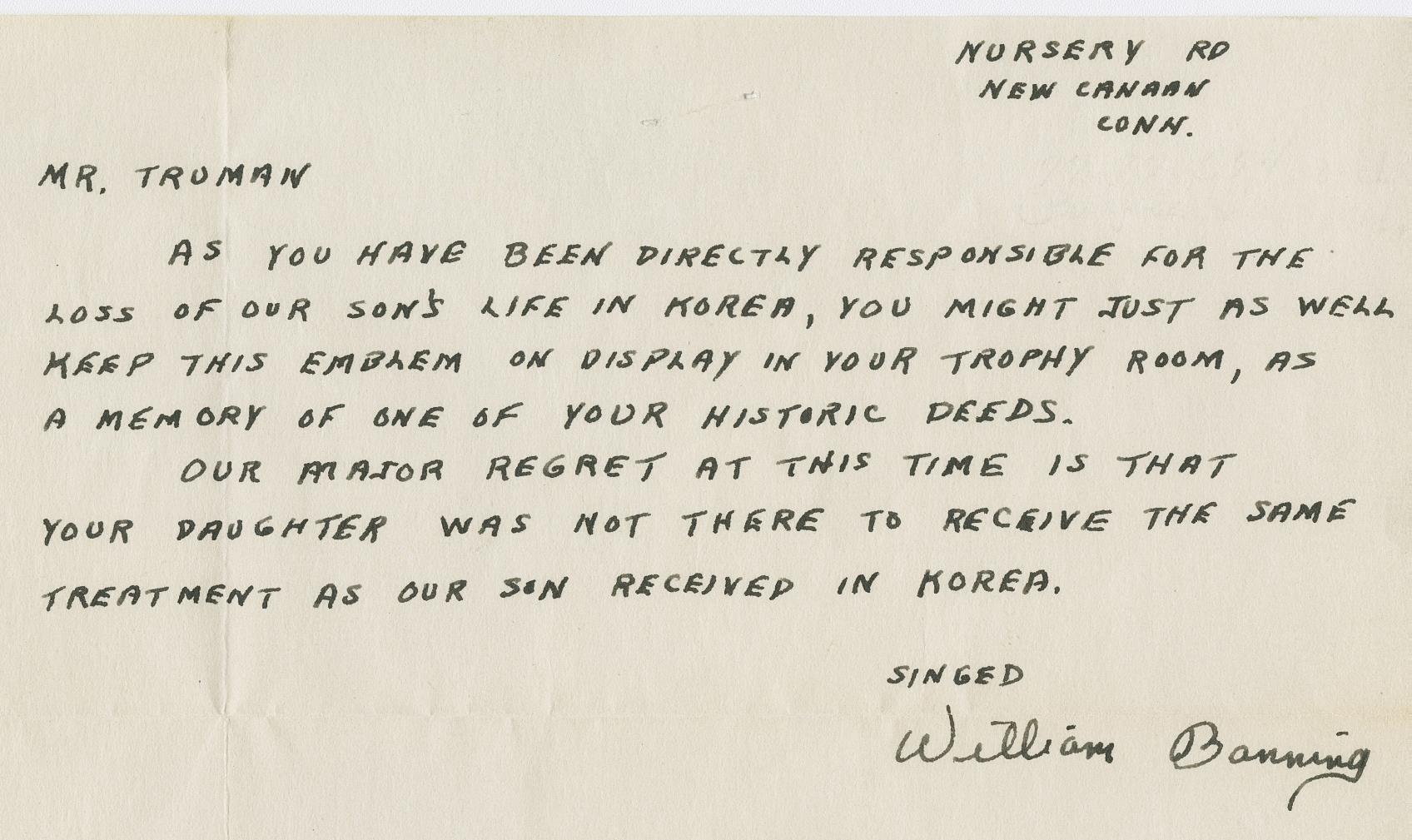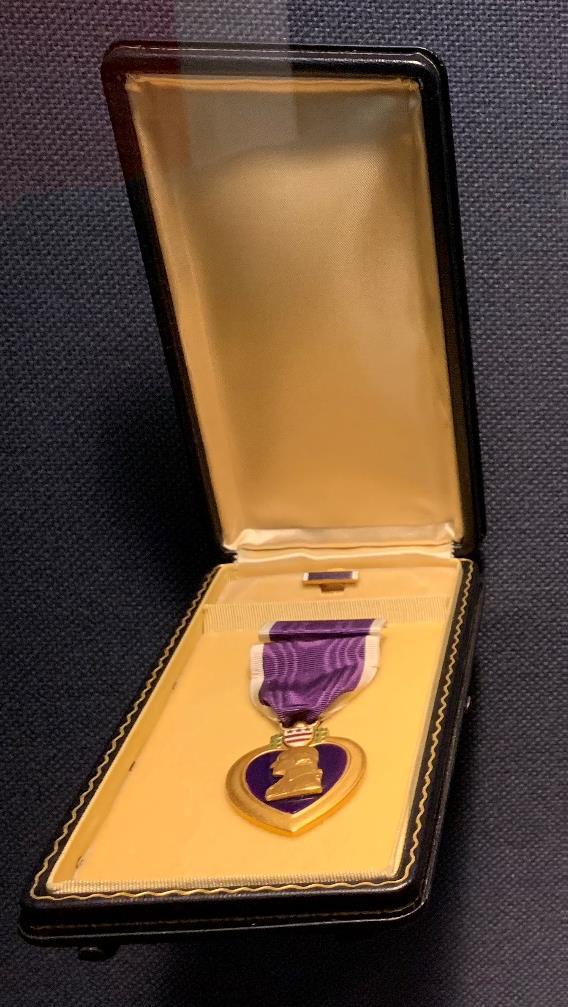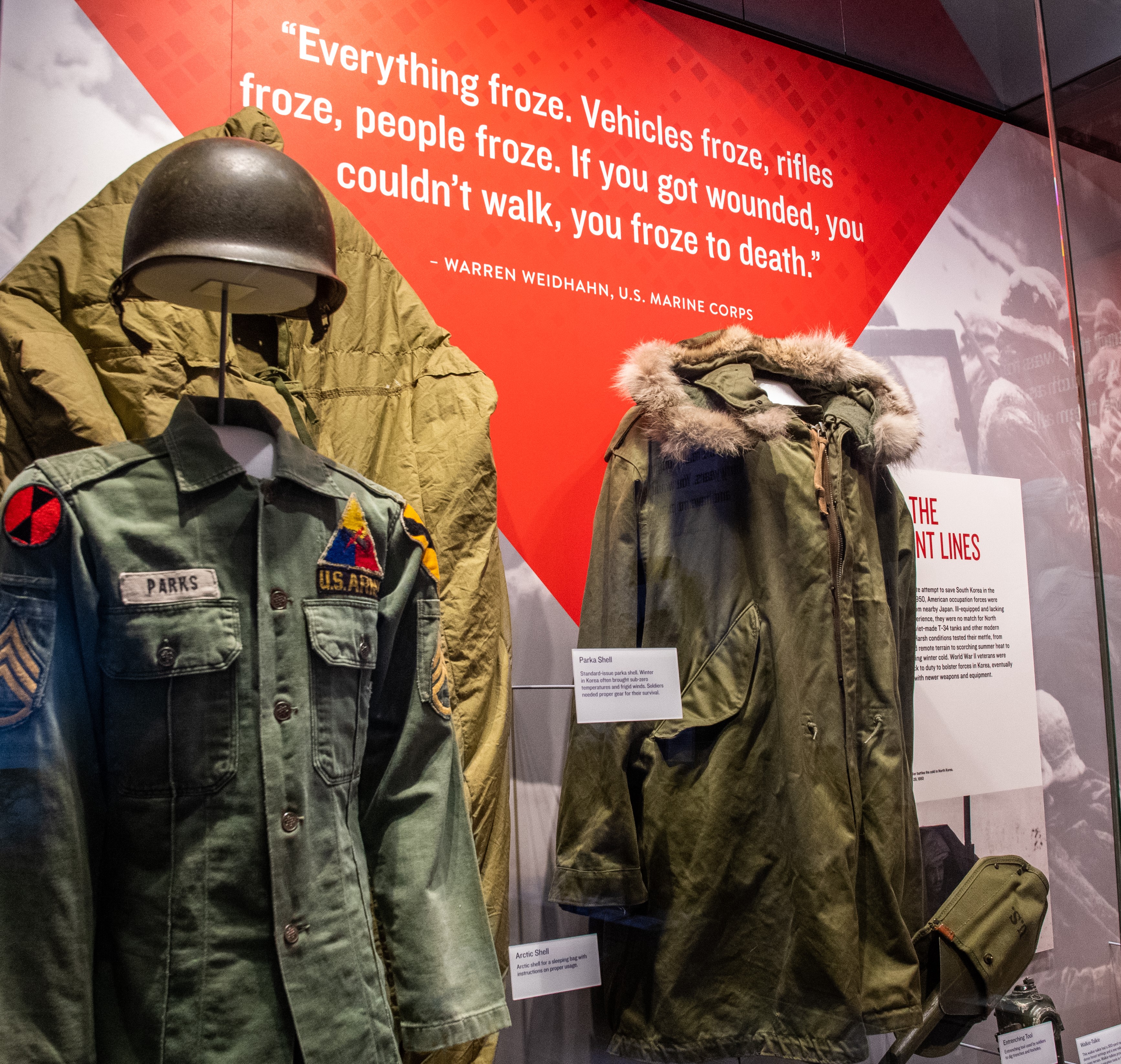A large display features many of the main elements of the "Fair Deal" program and will indicate their legislative fate, showing most of which were not enacted during his Presidency. The interactive panels will also show what happened to many of Truman's proposals in later administrations.
When he took the oath of office for his second term, Harry Truman had an ambitious agenda. He hoped to enact a broad program of domestic reforms including national health insurance, public housing, civil rights legislation, and federal aid to education. However, little of what he called the "Fair Deal" was ever made law. Instead, his second term was dominated by events overseas that altered America's foreign policy and domestic life in fundamental ways.
World War II ended Japan’s 35-year occupation of Korea. Divided at the 38th parallel to facilitate surrender, the peninsula was later occupied by the Soviets in the North and the U.S. in the South. In 1948, the Soviets hand-picked Kim Il-sung to lead North Korea. Anti-communist authoritarian Syngman Rhee was elected in the South. Kim’s North invaded Rhee’s South in 1950 to unify Korea under totalitarian Communist rule. In its first military action, United Nations forces entered the war to aid South Korea and repel the invasion. The Korean War claimed an estimated 2.5 million lives and became Truman’s “Supreme Test.”
Key document:
Key artifact:


